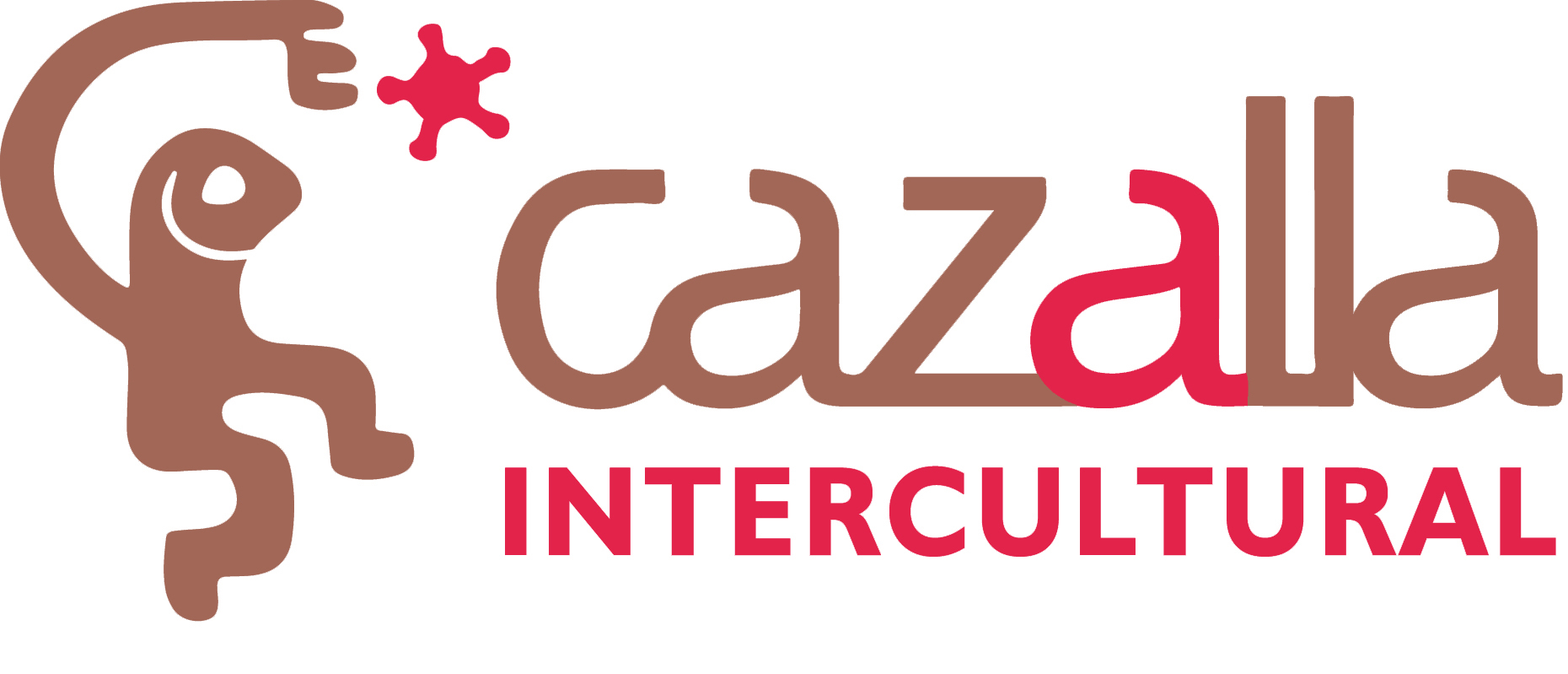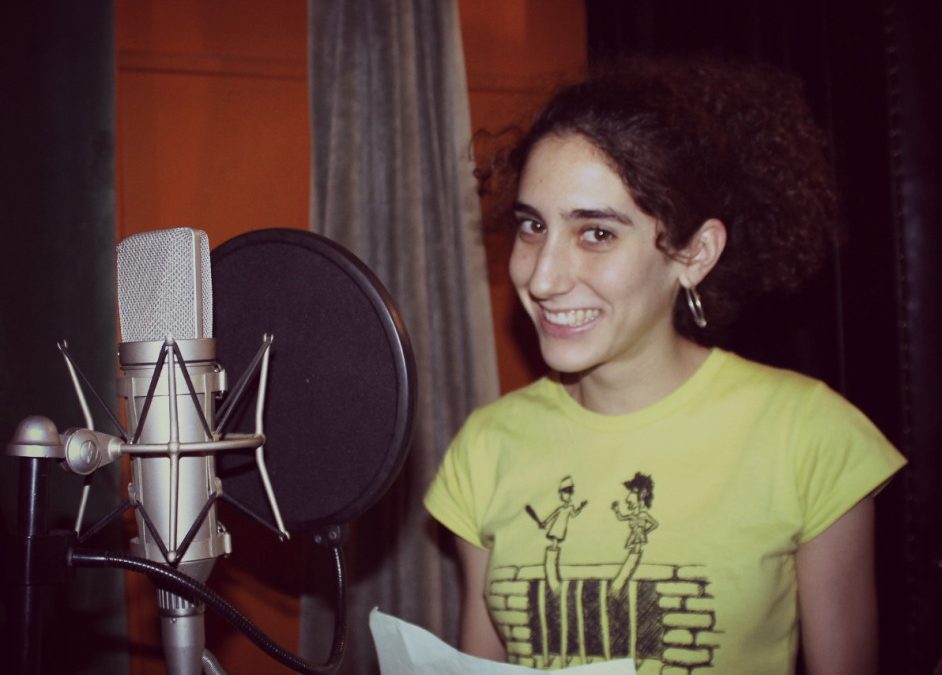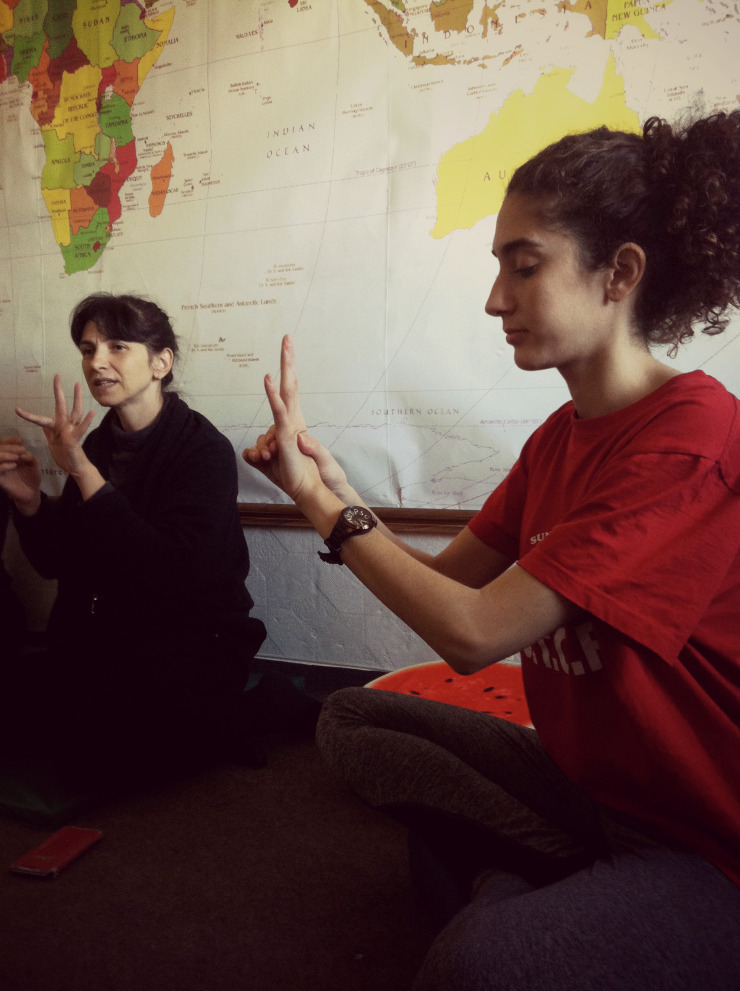Escrito por Celia Diaz Rogado, voluntaria SVE en Rumanía.
Until I didn’t arrive to Bucharest I wasn’t aware about the difficulty of communicating with people of this unknown country as Romania was supposed to be to me. Despite of the similarity with Spanish language, Romanian language is suppose to be the main barrier when you have to get along with children in hospitals, kindergartens and schools. I have discovered that it’s a really big problem when:
- You have to explain in Romanian some activities and games that are really easy to manage in your mother tongue, so you feel really frustrated.
- Children try to speak with you, but you are not able to understand anything so you smile and try to answer them with Romanian keywords as “bine”, “Așa și-așa”, “Nu știu ”or “ Foarte frumos”. Sometimes you are right, others you are not and children look at you confused.
- You usually work with teenagers and some of them don’t answer in a good way to the activities that you do because you are not able to express neither understand which are their motivations, or things they like and that excite them.
Even these things happen to us with a lot of frequency; little by little we are learning more grammar and vocabulary that is useful to our daily life with the children.
Another obstacle can be the emotional situation of children. Sometimes when you go to the hospitals children are in badly conditions, they are sad or without strength because of their illnesses, so it’s hard to communicate with them, also because you feel the sadness and the pain, but the key is trying to put yourself in children’s shoes and adapt to their moods and trying not to not allow emotions to guide you. It’s true that in these cases it’s more difficult to achieve the goal of making them smiling and happy, but it’s a challenge for you, for working in your creativity, improvisation and ability to solve conflicts.
Working in hospitals allows the opportunity also to deal with young people at the same time that we work with children so we change the way of dealing with them, but sometimes it’s something hard to do because you are used to talk in the same “language” of children.
Despite of these issues we don’t overwhelm and we always try to search the best way to communicate our ideas and thoughts:
- Through our non-verbal language- we can communicate and explaining activities and in my opinion is the best and funny way.
- We also use an attractive and adapted methodology for them to do more understandable our ideas: fairytales, music, little performances, puppets, handcraft, object theatre, dances, games…
- Thinking as a child and acting as a child to understand what they think and what they love.
- Putting our energy in what we do, our passion. If you enjoy they will enjoy and more probably that they will understand you.
- Humor in communication. The fact of doing and saying stupid things makes them laugh. This has been one of the most important things that I have seen that works better in hospitals.
When we are able to fulfill our ideas through these types of methods the benefits that the children obtain are evident. It’s amazing to understand all the values that we can teach through our games, songs, including teachers of schools. Children became more tolerant people, opened minded and teachers of schools discover new ideas and ways of work related with non-formal education that they can develop in a formal context.
But we also obtain some benefits. For me seeing that some of them are able to learn some things of my culture, songs, simple names of our history or vocabulary is really satisfying. In hospitals only one smile despite of difficulties is something that makes you really happy and that really helps you to believe in your work.
ALGUNAS FOTOS




